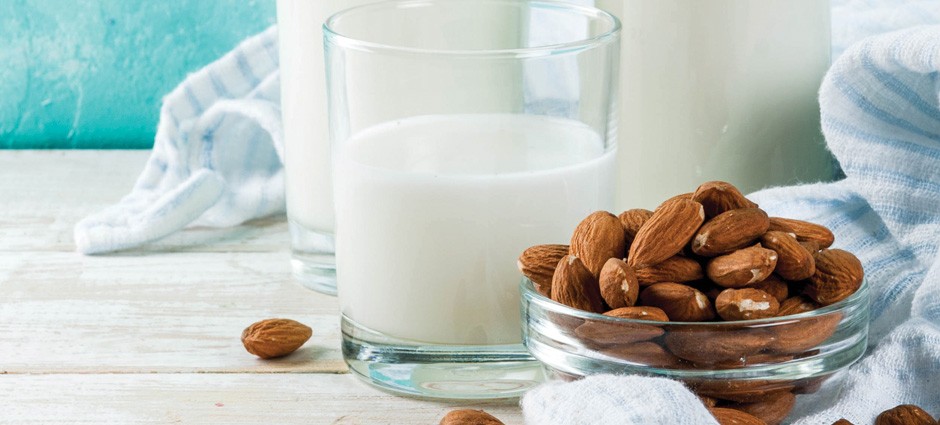As the number of plant-based beverages at retail stores grows, it’s hard to keep track of which have what it takes to replace the nutrient value of milk.
A recent study from McGill University examined the four most commonly consumed types of plant-based milks—almond, coconut, rice and soy—to see how their nutritional values compared to that of dairy milk. Which variety fared the best? Soy milk had the most balanced nutritional profile and was highest in protein, with 8 grams per cup. It’s also high in calcium and contains some healthy fats. Plus, according to the study, its health benefits are “linked to the anti-carcinogenic properties of phytonutrients present in milk known as isoflavones.”
How did other common plant-based beverages fare? Rice is an alternative for those with dairy and soy allergies, but it’s relatively low in protein and high in carbohydrates. Coconut has been shown to reduce levels of bad cholesterol associated with cardiovascular disease, yet it has no protein and is high in saturated fats. Almond is also low in protein, just 1 gram per cup, compared with the 6 grams you would get eating a serving of almonds. Almonds do have a high content of monounsaturated fatty acids, thought to be helpful with weight loss and to keep bad cholesterol in check.
The study did not look at other nondairy milk varieties, such as those made with cashews, oats, hemp or peas.

